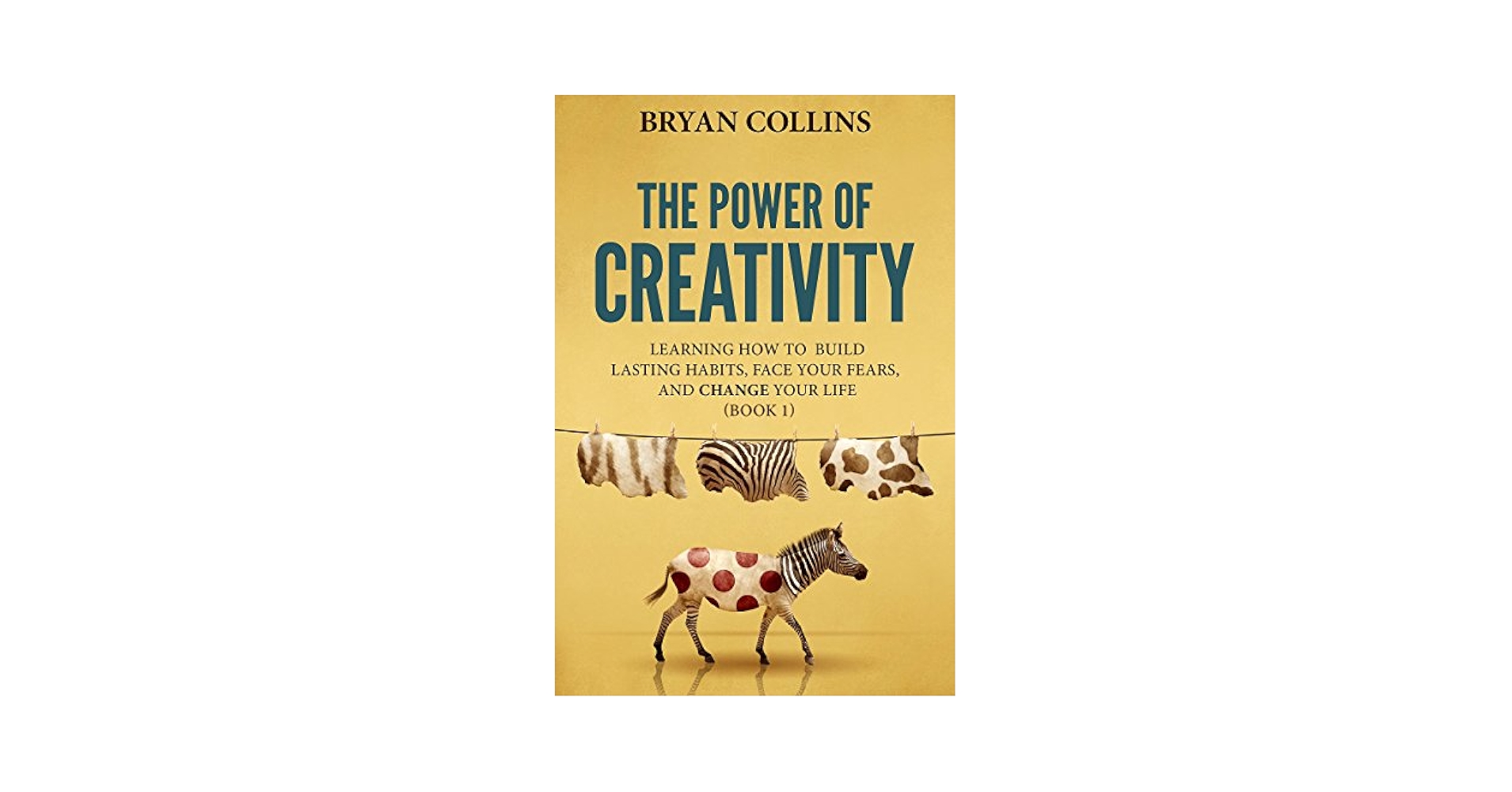Last Updated on January 14, 2026
Do you ever wonder why some people seem to stick to their habits effortlessly, while others struggle to keep them alive? If you’re tired of starting over every Monday and want to make a real change, you’re in the right place.
Building lasting habits isn’t just about willpower or motivation; it’s about understanding how your brain works and using that knowledge to your advantage. Imagine a life where you wake up feeling energized, eat healthier without thinking twice, or finally stick to that exercise routine you’ve always wanted.
Sounds appealing, right? This guide will show you exactly how to transform your daily routines into powerful habits that last. Stick around and discover the secrets that can change your life for good.
Habit Formation Basics
Building lasting habits starts with understanding how habits form. Habits develop through a simple loop: a trigger, an action, and a reward. This loop helps the brain learn and repeat behavior automatically. Knowing the basics can make habit formation easier and more effective.
Triggers And Cues
Triggers are signals that start a habit. They can be anything you see, hear, or feel. A trigger might be a time of day, a place, or a feeling. Cues remind your brain to begin the habit. For example, seeing your running shoes can cue you to exercise.
Reward Systems
Rewards make habits stick. Your brain likes to feel good after a task. Rewards can be small, like a smile, or bigger, like a treat. They create positive feelings that encourage repeating the habit. Without rewards, habits are hard to maintain.
Consistency Importance
Doing habits regularly helps them become automatic. Consistency trains your brain to link triggers and rewards. Repeating a habit daily, or at set times, strengthens the habit loop. Skipping often breaks the habit and makes it harder to keep.

Credit: www.amazon.com
Techniques To Strengthen Habits
Building lasting habits takes more than just good intentions. It requires clear techniques that make habits easier to adopt and keep. Using simple, practical methods helps habits stick better over time. The right approach turns small actions into lasting routines.
Start Small And Simple
Begin with tiny habits that feel easy to do. Small actions reduce the chance of failure. For example, instead of running five miles, try walking for five minutes. Simple habits build confidence and create a foundation for bigger changes. Consistency matters more than intensity.
Use Habit Stacking
Attach a new habit to an existing one. This links behaviors, making the new habit easier to remember. For example, after brushing teeth, do five push-ups. Habit stacking creates a natural flow in your daily routine. It helps your brain connect new actions with familiar ones.
Track Your Progress
Keep a record of your habit performance. Use a journal, app, or calendar to mark each day you succeed. Tracking shows how far you have come and motivates you to continue. It also helps identify patterns and obstacles. Visible progress encourages regular habit practice.
Overcoming Challenges
Building lasting habits is not easy. Challenges will come. Overcoming them is key to success. It takes patience and effort. Knowing how to face these obstacles helps keep habits strong. Here are ways to overcome common challenges.
Dealing With Setbacks
Setbacks happen to everyone. Missing a day or slipping up is normal. The important part is not quitting.
- Accept mistakes without harsh judgment.
- Learn what caused the setback.
- Make a small plan to get back on track.
- Remember that progress is not perfect.
Each setback can teach a lesson. Use them to grow stronger.
Staying Motivated
Motivation fades over time. Keeping interest alive is crucial for lasting habits.
- Set clear and simple goals.
- Celebrate small wins.
- Remind yourself why the habit matters.
- Find support from friends or groups.
- Change your routine to keep it fresh.
Small rewards and encouragement keep motivation high.
Adjusting Habits Over Time
Habits need change as life changes. Flexibility helps habits last longer.
- Review your habit regularly.
- Adapt to new schedules or priorities.
- Make habits simpler if needed.
- Try new methods if the old ones stop working.
- Keep focus on the habit’s purpose, not just the task.
Adjusting keeps habits relevant and easier to maintain.

Credit: medium.com
Credit: medium.com
Frequently Asked Questions
What Are The Best Ways To Start Building Lasting Habits?
Start small, be consistent, and link new habits to daily routines. This helps habits stick.
How Long Does It Take To Form A Lasting Habit?
On average, it takes about 21 to 66 days for a habit to form.
Why Do Some Habits Fail To Last Over Time?
Lack of consistency, unclear goals, and no rewards often cause habits to fail.
How Can I Stay Motivated To Keep New Habits?
Set clear goals, track progress, and celebrate small wins to stay motivated.
What Role Does Environment Play In Building Lasting Habits?
A supportive environment makes habits easier by reducing distractions and cues for action.
Conclusion
Building lasting habits takes time and patience. Start small and stay consistent every day. Focus on one habit before adding another. Celebrate progress, even if it feels slow. Remember, setbacks are normal—keep moving forward. Your routine will shape your future.
Small changes lead to big results. Keep your goals clear and your mindset positive. Habits grow stronger with daily effort. Stay committed, and success will follow.


